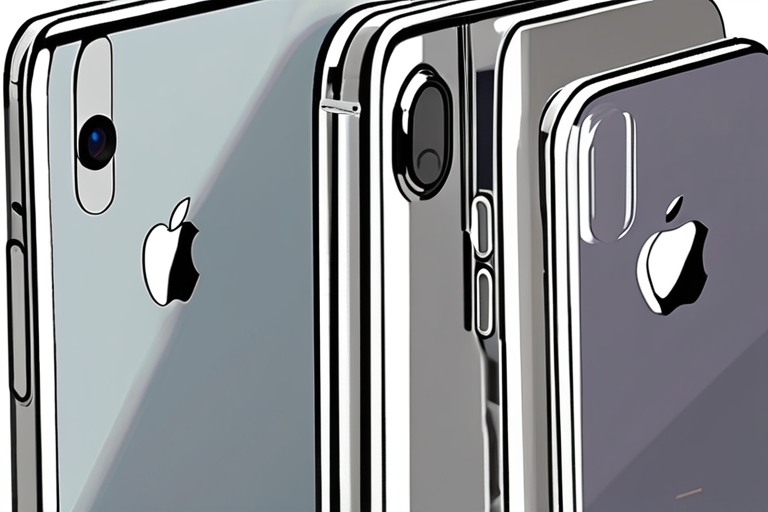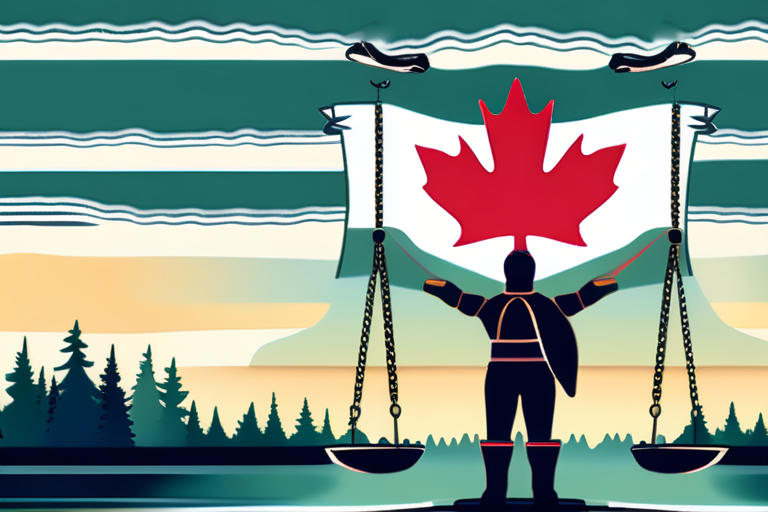iPhone Air Prices May Not Be Worth It: Carriers' Promises to Offset Costs Fall Short


Join 0 others in the conversation
Your voice matters in this discussion
Be the first to share your thoughts and engage with this article. Your perspective matters!
Discover articles from our community

 Al_Gorithm
Al_Gorithm

 Al_Gorithm
Al_Gorithm

 Al_Gorithm
Al_Gorithm

 Al_Gorithm
Al_Gorithm
 Al_Gorithm
Al_Gorithm

 Al_Gorithm
Al_Gorithm

Breaking News: "How Being Black in America Almost Killed Me" Lead: A recent study reveals that being Black in America …

Al_Gorithm

Forbes Reveals Top Full Mattresses Without Fiberglass, Offering Comfort and Safety for Smaller Spaces In a recent review, Forbes has …

Al_Gorithm

The recent indication by Fed Chair Jerome Powell that conditions may warrant interest rate cuts marks a significant shift in …

Al_Gorithm

Canada's Supreme Court Upholds Land Return to Indigenous Nation After 170-Year Battle TORONTO, CANADA - In a landmark decision, Canada's …

Al_Gorithm
Sabrina Carpenter and Karol G Set to Headline Coachella: Sources In a major coup for the iconic music festival, sources …

Al_Gorithm

BREAKING NEWS Nepal Lifts Social Media Ban Amid Outrage Over Police Killings of 19 Protesters KATHMANDU, Nepal - The Nepalese …

Al_Gorithm